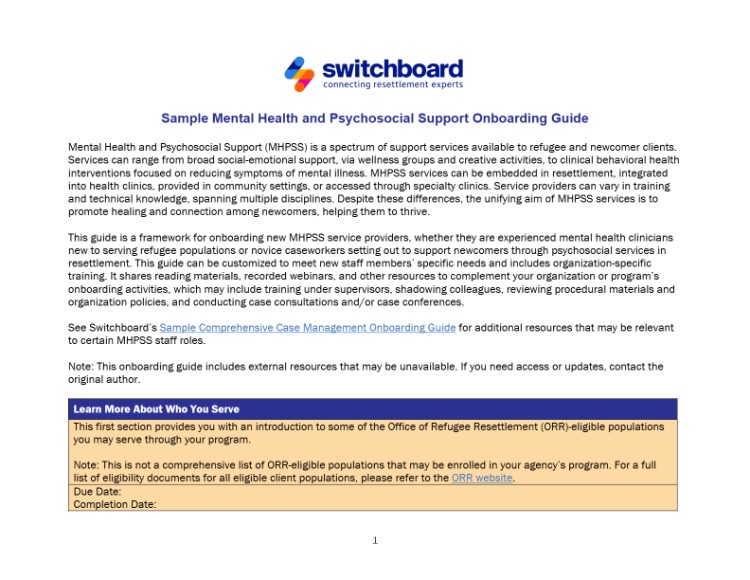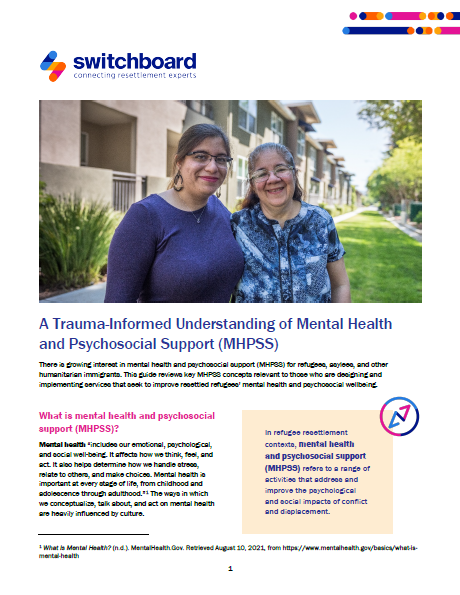Very strong evidence suggests that culturally adapted and family-centered substance use programs can be effective in immigrant and minority adolescents.
- Incorporating some level of cultural adaptation into a substance use program (even just translating materials) is associated with more positive outcomes in minority adolescents than maintaining the original format of a program.
- Programs that either included or just focused on parental participation had generally positive outcomes when looking at delaying or reducing substance use among adolescents.
- Group- and/or school-based interventions appear to be the most common format among programs targeting adolescent substance use.
Strong evidence indicates culturally adapted programs can be more effective with newcomers, especially those already at higher risk.
- Fully adapted programs appear to have at least slightly better outcomes than those that are only moderately adapted, and at least moderately better outcomes than programs that either are A. not adapted at all or B. only culturally adapted on the surface level.
- There appear to be mixed results when looking at longer-term follow-ups, with some studies seeing greater reductions in substance use at later points and others seeing a drop off in positive results after six months.
- Certain programs may be more effective for specific substances or with participants who were at higher risk at baseline.




